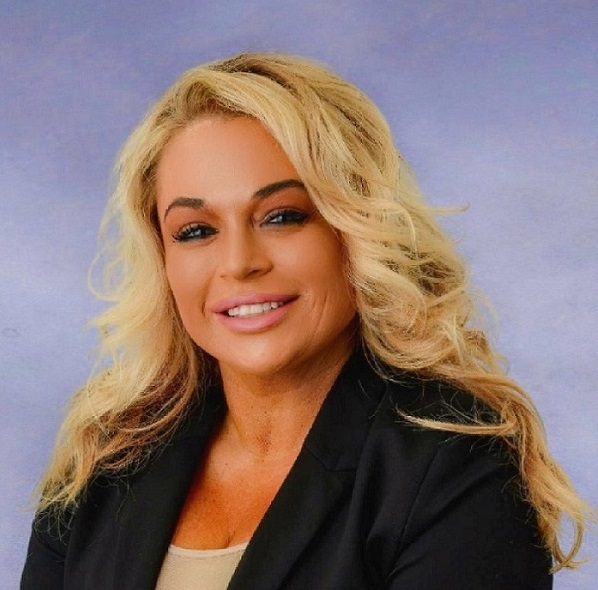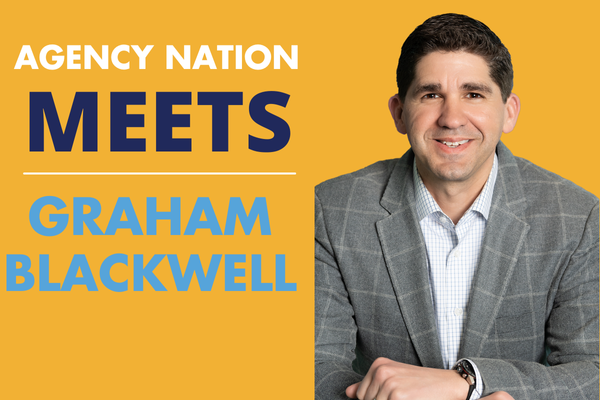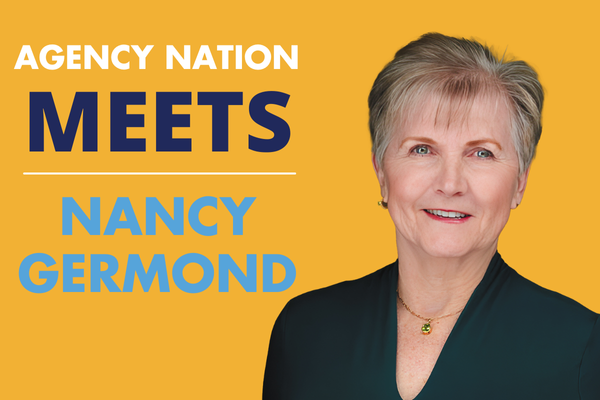Home Away from Home: Offering RV Insurance Opens Opportunity

By: Will Jones
The RV market isn’t for every carrier. It seems that they’re either in or out.
“We have an open appetite for RV business,” says Brook McGuire, specialty products, Safeco. “Right now, we’re actively growing, across all of our classes of recreational vehicles in everything from class A motor homes all the way down to truck campers and teardrop campers.”
However, “some carriers have been restricting their upper limit to appetite and I know a couple of carriers have left the market entirely, as well,” she says.
As a result, “rate changes have been fairly aggressive for many RV insurers in the past couple years,” says David Knapp, personal lines product manager, Farmers Specialty Insurance-Foremost, Casualty Products: Motor Home & Travel Trailer.
“We believe most insurers still in the market have mostly caught up to what the industry needs, as far as rate levels go,” he says. “Pricing changes should begin to level off in 2020 as most carriers have already implemented rate increases over the last few years. Labor and parts continue to increase, but not at alarming rates, so increases should be more inflation-based.”
One of the factors that have scared carriers away from the market are the severity, frequency and unpredictability of weather-related claims. “The weather patterns alone are pretty remarkable, and I think that some carriers may be a little frightened about the long-term potential of RV,” McGuire says. “Motor homes are often pretty open to weather and not everyone has them under cover, so they perform like a home when it comes to wind and hail and things like that.”
However, even if some carriers are certain to enter the market, it has been clear for a number of years that a growing number of consumers, including millennials, are more than prepared to hit the road and explore the great American outdoors. In addition to the fact that more than fifteen states now have some form of an office for outdoor recreation, a strong U.S. economy over past few years means that the demographic of the average RV owner provides an example of the ideal customer.
“RV customers tend to be homeowners. They tend to be married. They’ve got the discretionary income to afford a big motor home or travel trailer,” McGuire says. “They have better premium per account and have better retention. All in all, they’re great preferred customers for independent agents who are looking to build their books.”
Getting an insurance policy specifically designed for the specific type of RVs is a smart financial move for every client. Moreover, the increase in technology is increasing the need for standalone and specialized coverage.
“RV customers are also adding technology to units at the factory and with after-market parts. Examples include LED light bars, automatic awnings, leveling systems, back-up cameras and GPS,” says Erik R. Schmidt, personal lines product manager, Farmers Specialty Insurance- Foremost, Casualty Products: Motor Home & Travel Trailer. “Standalone RV policies provide much better coverage and versatility than an auto endorsement.”
Safeco has “an open market up to a million, but there are plenty of motor coaches coming into the market in excess of $1 million and agents are having a difficult time placing those,” McGuire points out. “That would be an area for opportunity for agents—it’s often done on an excess & surplus basis.”
Despite the obvious consumer demand for RV coverages, agents often neglect to market and offer the coverage to clients. Agents’ “business cards read home, auto, business, life or some variant of that,” McGuire says, “They rarely mention personal lines specialty policies like RVs, motorcycles, collector car or snowmobile,” which is an especially salient point considering, “there are a lot of customers who buy RV insurance at the dealership.”
Meanwhile, a frequently cited challenge for agents in the RV market occurs when clients decide to cancel coverage mid-term during the winter when they’re not using their RV.
“We allow customers to drop down to comprehensive-only when the RV isn’t be used for extended periods of time,” McGuire says. “However, dropping or suspending coverage can be very dangerous if the customer uses the RV without contacting his or her agent to reinstate coverage.”
“It’s a pretty diverse market in terms of overall exposure and opportunity right now,” she adds. “Agents should make sure they’re are proactively cross selling and asking about other lines of business.”
Will Jones is IA managing editor.









